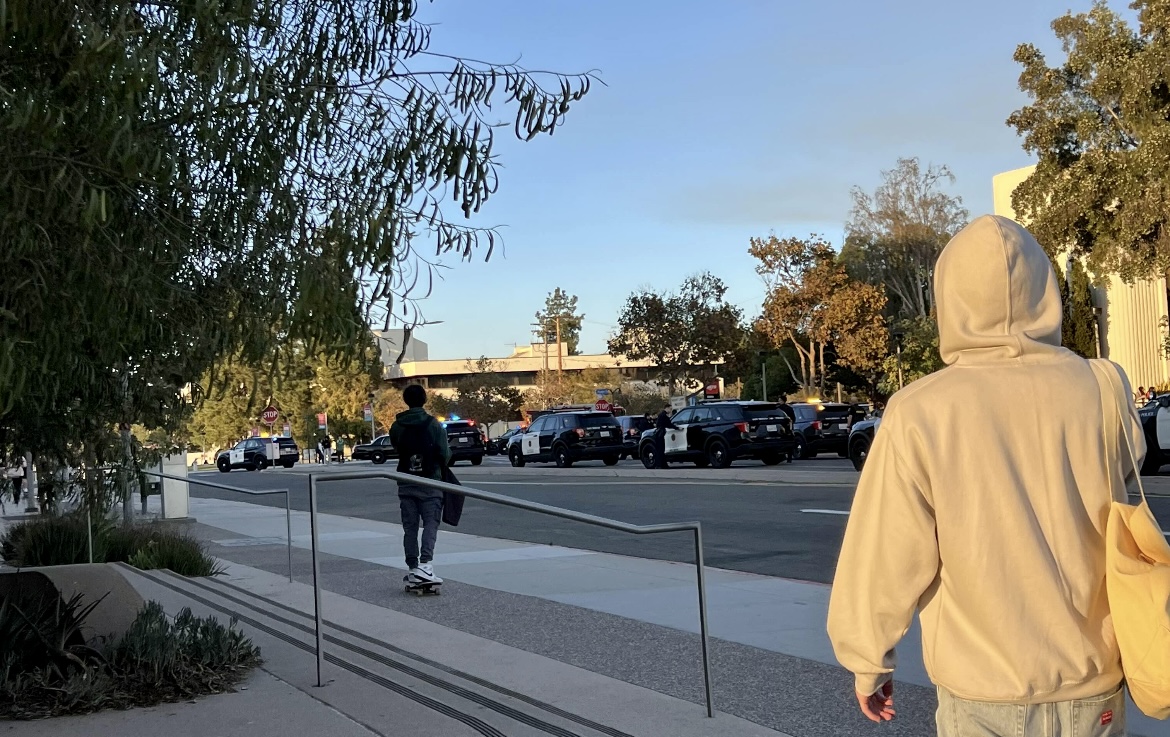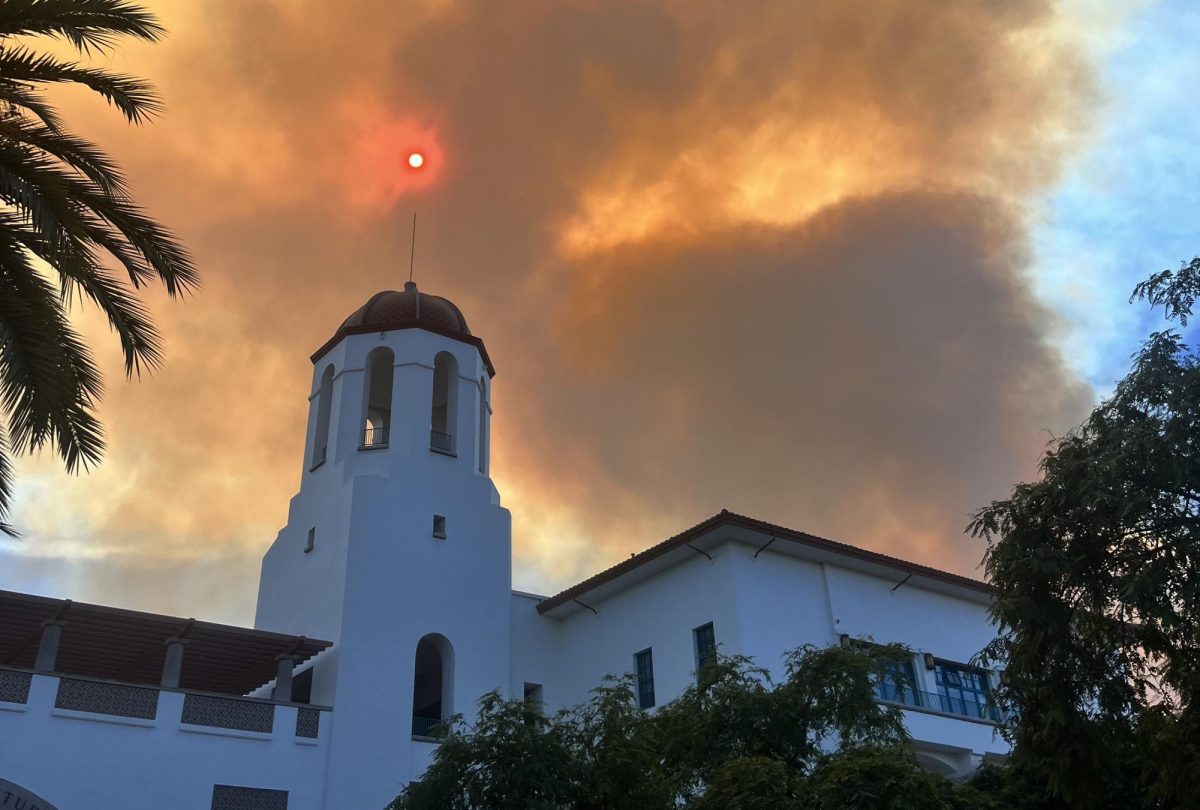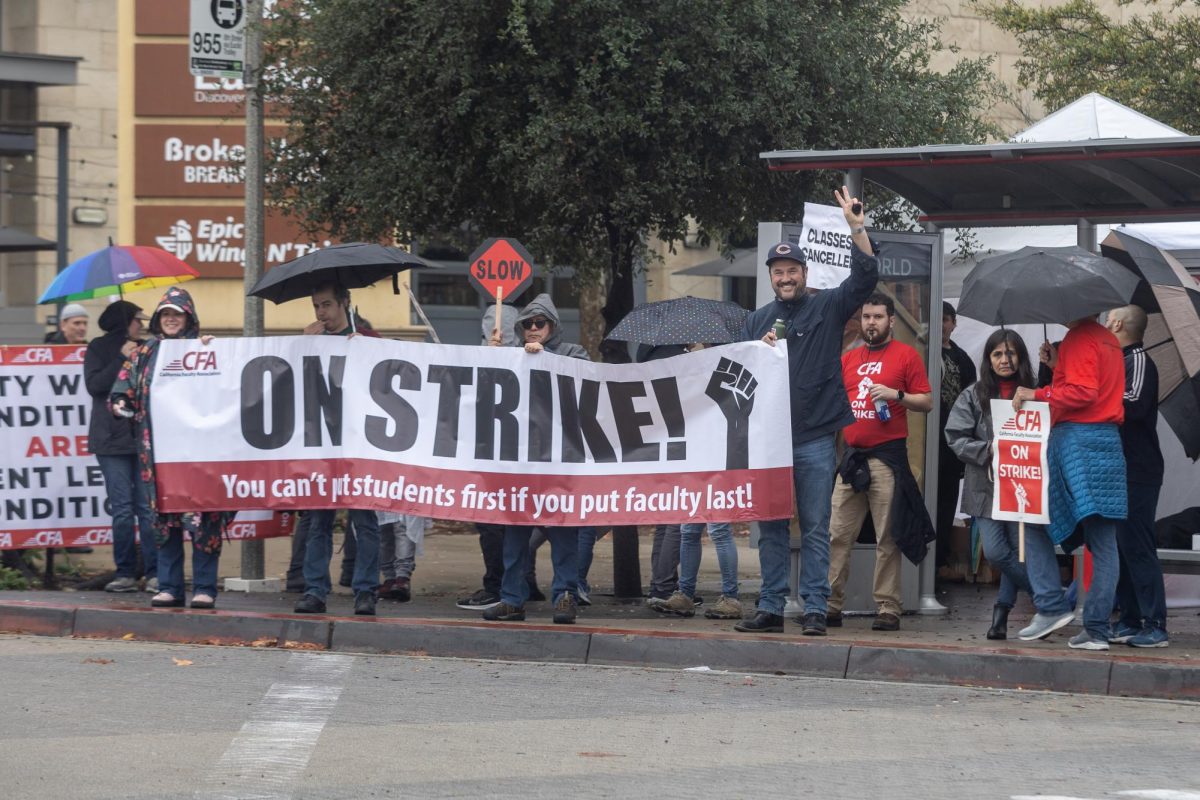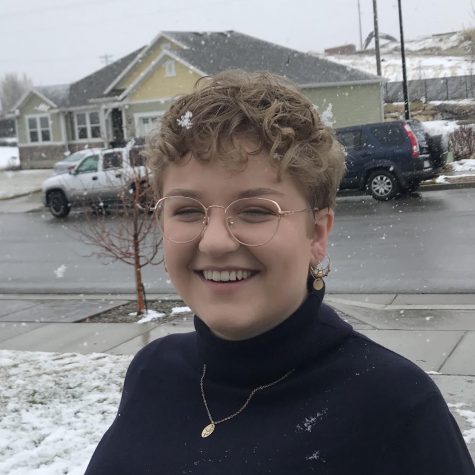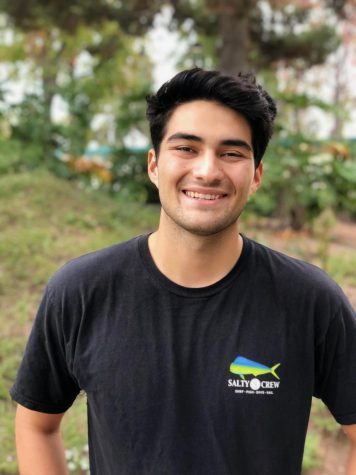The College of Professional Studies and Fine Arts is shifting most courses to virtual platforms beginning today, according to an email sent to students. Although, the rest of the university has been slower to adopt this change in light of concerns about the spread of coronavirus.
There were scattered reports that the campus would go online-only as professors in various departments were canceling and emailing students that their sessions would be moved to a virtual platform. Although, the university has yet to confirm if or when a campus-wide closure would occur.
An email sent to some PSFA students by Assistant Professor Nathian Shae Rodriguez says the university has encouraged individual schools to adopt virtual learning methods but has yet to mandate it campus-wide.
“(PSFA) Dean Peggy Shannon has strongly encouraged faculty in the eleven schools in our college to make the change now out of an abundance of caution,” Rodriguez said. “The SDSU Academic Contingency Plan states ‘this proactive change will ensure academic continuity in the event that the local COVID-19 situation escalates and will help to keep disruptions to education at a minimum.'”
The California State University also sent a statement encouraging campus leadership to “consider shifting the delivery of as much of the curriculum as possible to non-face-to-face modalities.” The statement also said there are no confirmed cases of coronavirus on any of the CSU campuses, but that classes may have to be canceled for two to four days while faculty and staff work out the details of transitioning to virtual learning.
“Employees will continue to come to campus to maintain operations and support the academic enterprise,” the statement said.
In just two days, a Change.org petition, started by an anonymous student on March 8, received more than 6,000 signatures. The petition urged university officials to have all courses be shifted online, displaying strong student support for the decision to halt in-person learning.
Rodriguez said classes moving to a virtual platform helps to mitigate the ongoing threat of COVID-19, but also comes at a cost.
“Two of my classes, including the (Selena Quintanilla) class, are taught in Learning Research Studios with team-based pedagogy, so the restructuring is no small task,” Rodriguez said.
Rodriguez also said Journalism and Media Students classes being affected comes with familiarity, as students in this major were forced to vacate the PSFA building last spring after fumes from a construction project made some occupants sick.
“It’s unfortunate for our JMS students because this is the second time within a year that they’ve had classes displaced or moved online,” Rodriguez said.
More than 20 colleges nationally, including Columbia University, University of Southern California and the University of Washington have canceled in-person classes in response to the coronavirus, according to NPR.
On March 9, University of California San Diego also announced in an email they would be shifting to teaching remotely for their spring quarter using both Zoom and Canvas.
The decision regarding this comes after a university-wide email sent out March 9 that announced the suspension of all spring and summer study abroad programs. The programs that fall under SDSU faculty-led programs, transborder programs, travel embedded SDSU programs and summer SDSU exchange programs, according to the email. However, the university does not have the authority to suspend third-party partner programs.
Currently, the university has suspended programs in China, South Korea and Italy — all countries with level three advisories from the Center for Disease Control — while SDSU assesses their other programs. Students were directed by the university to return to their home and self-isolate for 14 days, according to the university’s web page dedicated to COVID-19.
To help with the process, the University Senate approved a waiver on March 4 for students who are currently studying abroad or need to in order to graduate.
The school is encouraging community members who are sick to stay home and away from classes or work. Students, faculty or staff who are immunocompromised are at greater risk and are advised to reach out to various SDSU offices for additional accommodations, according to the university-wide email sent out March 9.
Students can provide medical documentation to the Student Ability Success Center for an accommodation letter for their courses — resulting in no penalties. Faculty and Staff can limit their exposure by working remotely, according to the university email.
The CDC also lists the people at higher risk as older adults and those with pre-existing medical conditions such as heart disease, diabetes and lung disease.
Symptoms for COVID-19 include a fever, cough or shortness of breath, according to the CDC.
Those who have also been in close contact with someone with COVID-19 or traveled from an area with a current outbreak are potentially at risk. If anyone is experiencing these symptoms, it’s advised you reach out to their healthcare provider immediately. The university is also providing screening for students who visit Student Health Services who may be experiencing any of the above symptoms or upper respiratory infections.
It’s advised to wash your hands for 20 seconds, avoid touching your face, stay at home when sick, regularly disinfect frequently touched objects and cover your mouth when coughing or sneezing, according to the CDC website.
While these times can be stressful, the university said that it has different resources available to those who may be worried. Students can reach out to Counseling and Psychological Services, while faculty and staff can use the Employee Assistance Program.
Editor in Chief Bella Ross and Assistant News Editor Michael Cline contributed reporting to this story.





